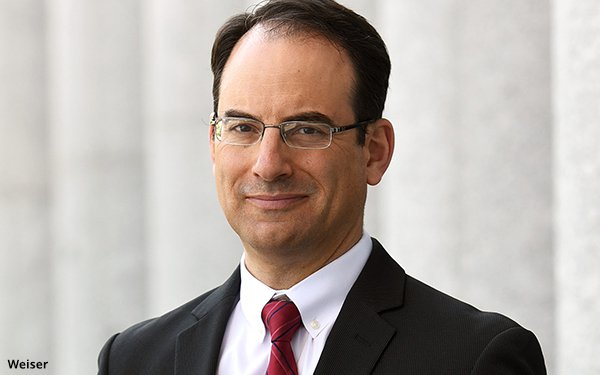
Colorado's attorney general urging a
federal judge to allow enforcement of a new law that requires warning labels for social media.
The law, slated to take effect in January, requires social platforms to either
provide minors with information about social media engagement that helps them "understand the impact of social media on the developing brain and the mental and physical health of youth users," or send
pop-up warnings every 30 minutes to minors who use the platforms for more than one hour a day (or between 10 p.m. and 6 a.m.).
The tech group NetChoice is challenging those
requirements, arguing they violate the First Amendment by compelling platforms to spread the state's message that social media is harmful. The organization -- which counts large tech companies
including Google, Meta and Snap as members -- is seeking an injunction blocking enforcement.
advertisement
advertisement
Colorado Attorney General Philip Weiser countered in papers filed late last week
with U.S. District Court Judge William Martinez in Denver that the law is comparable to rules requiring health warnings for cigarettes.
The attorney general specifically says
the law merely requires social media companies to provide "purely factual" and "uncontroversial" information, arguing that lawmakers passed the bill due to a "growing body of scientific evidence
uncontroversially suggesting a connection between social media use and youth health issues, including findings from the U.S. Surgeon General."
In 2023, former Surgeon General
Dr. Vivek H. Murthy said in a report that social media "may have benefits for some
children and adolescents," but could also pose "a profound risk of harm to the mental health and well-being of children and adolescents."
NetChoice had argued in its request to
block the law that the topic of social media's impact on minors' health is "highly controversial," and "the subject of intense scholarly and social debate."
The attorney
general counters that it would be premature to conclude the law requires controversial disclosures.
"Even if there are good-faith scientific debates on topics within the broad
field of social media and youth mental health, the sparse record in this pre-enforcement facial challenge precludes finding that the disclosures ... are controversial," Weiser argues.
Martinez is expected to hold a hearing on October 16.